The F-Word. Fidelity & Why it May Be a Fallacy for EL InstructionBuzzwords in education are like mosquitos. They are here for a while and during that time they become very annoying. Lately, many educators are hearing one certain F word frequently in regard to programs and curriculum.
FIDELITY Multilingual learners (MLs) are amongst the fastest growing population in the United States. MLs come from diverse linguistic and cultural backgrounds. The assets they bring to classrooms are sometimes underrecognized leaving these students struggling linguistically and academically. Many teachers of MLs want to provide instruction that meets their needs but find themselves not knowing how to help and feeling overwhelmed.
This is where Universal Design for Learning (UDL) enters and has been known to support and benefit MLs. What is UDL? No. It’s how we engage students with the objectives that makes magic! For years, teachers at the campus where I worked were asked to post objectives clearly on the board. I, like many of my colleagues, did this. I followed the directive given and posted the objectives. As administrators walked by and conducted the obligatory walk-throughs I was always given the pat on the back for having objectives. Yet, they were a bureaucratic check mark in many ways. I complied with what I was asked to do.
Then one amazing day at a workshop the presenter empowered me with how to use objectives with my learners…as a tool for their own learning and it was a magical. Here’s what I learned. Last year this article was shared and greatly loved. This year, I'm adding to it to include one additional support.
Multilingual learners count on us to provide high-quality, comprehensible, and culturally responsive instruction in each lesson in every classroom. Here are 23 practical and efficient ways (in no particular order) we can support multilingual learners as they climb to become our future global leaders. *The terms multilingual, emergent bilingual, and English learner are used interchangeably in this article and also include the acronyms MLs, EBs, and ELs. An EL Teacher’s Perspective on Self (& Professional) ImprovementWhen we pour into ourselves, those around us benefit. This is why becoming the BEST version of yourself is an investment for not only YOU but all of those around you. Our students, families and colleagues deserve the best from us and so do we.
These ideas led me to think about how I will deliberately improve myself for the sake of the English learners, families, and colleagues I work with and here is my plan. I’m nudging you to think about your intentions also. What will you do in 2023? Teachers of multilingual learners or English learners need many tools and supplies in their toolbox. And they may travel from class to class or even school to school. Here are a few of my own favorite classroom essentials.
This was an important lesson I learned because what happened time and time again was my principal or director would tell me that I had X number of dollars to spend on multilingual learners (English learners) by tomorrow! Okay, I’m exaggerating a bit, but not much. I was like a deer in the headlights, my eyes big and wide. I mean, I wanted the money for my students but at THAT moment I could think of nothing. My brain was blank.
Multilingual learners count on us to provide high-quality, comprehensible, and culturally responsive instruction in each lesson in every classroom.
Here are 22 practical and efficient ways (in no particular order) we can support emergent bilinguals as they climb to become our future global leaders. *The terms multilingual, emergent bilingual, and English learner are used interchangeably in this article and also include the acronyms MLs, EBs, and ELs. EL teachers work alongside many stakeholders. They work with students of course. But they also work with general education teachers, instructional coaches, special education teachers, administrators, and more. However, one lesser known, yet powerful partnership is the one between the EL teacher and the library media specialist.
What do EL teachers and library media specialists have in common? These stories from the field bring a reality to the question. When I left the comfort of my own classroom to become an ESL teacher, I didn’t know that I would have to become intentional about building relationships with the mainstream classroom teachers I worked with. But I learned quickly.
Healthy, productive relationships between mainstream teachers and ESL teachers don’t happen on their own magically. Like most relationships, thought, planning, and careful execution takes place for a truly happy relationship to develop. Over the years, here’s what I learned as an ESL teacher about creating relationships with mainstream teachers. This article originally posted on Middle Web on 1/6/2019. This is an updated version that includes how to promote academic language during distance learning.
“My kids seem to speak English well, but when it comes to academic tasks, they struggle.” We often wonder why English learners have a difficult time with standardized tests and essays in content areas but are able to communicate with peers and get along fairly well on a day to day basis. The reason behind it may be that academic language is different from everyday language. Academic language takes from 5-7 years to acquire while social or conversational language (often known as BICS, basic interpersonal communicative skills coined by Jim Cummins) only takes 2-3 years. What we know is that students need to make greater gains in academic language in order to become successful in school and post secondary. Academic language is the language of the content area of instruction. It is the textbook talk and vocabulary and syntax used in lectures and class presentation. It is not just single words and includes phrases and sentences as well. It is critical that English learners are offered many opportunities on a daily basis to practice using academic language. Why? We have to consider that some English learners go home to environments where they speak another language in the home. And that is awesome! Bilingualism has great benefits. However, to develop bilingualism, when they are in our classrooms or under our instruction, we have to build as many opportunities as possible for English language development using domain specific vocabulary. We have to put the language in their mouths. Other students (including native English speaking students) may go home to English speaking households, but the level of vocabulary or conversation may not be where we’d hope. This is yet another reason why our instruction (be it face to face or remote) needs to be filled with opportunities for students to use academic language. How can we get students to use academic language? Below you will find 10 ways to get students, especially English learners, practicing academic language in your classroom and beyond. This question has been asked a time or two (hundred...thousand…). Seriously though. In districts around our nation some ESL teachers are considered part of the intervention team while others are not. Why is this important?
Merriam Webster’s definition of intervention: a : the act of interfering with the outcome or course especially of a condition or process (as to prevent harm or improve functioning) educational intervention To clarify, ... I was a mainstream, third grade teacher in a public school in a suburb outside of Houston, Texas when I began teaching in 1997. Our school had one designated teacher that served English learners through a pull-out program. I understood my job was to teach students the general education curriculum while she taught my English learners the language. I never knew exactly what they did when they were with the ESL teacher. And I’m not sure if she knew what they were doing when they were with me.
Fast forward to 2019. Looking back, I know that this was not a great structure for teaching content or language to our students. I can only imagine how much more and how much quicker our students would have learned language and content had we collaborated…had I recognized my own role as a language model for the students. ALL educators, administrators, and stakeholders need to know how to serve ALL students including English learners.
The other day, I posed a question to my Twitter PLN. I asked what their non-negotiables were for teaching English Learners. The responses were overwhelming. Just imagine if we set aside time as campus or district teams to develop non-negotiables and then live by them. This would be a great practice for ESL and bilingual teams. Here are some of the responses from Twitter followers:
Core beliefs should anchor what we do. We all have beliefs about life, about learning, about people, about all things. It's important that we reflect and think critically about what are CORE, essential beliefs are about the things that are important to us.
Once we identify our CORE beliefs, we can use those to help ensure that we are doing what is right for students. Take a moment before you read on, to think and jot down 3-5 of your CORE beliefs about language or language acquisition. Then I will share mine with you. How to handle resistance from teachersThis topic has been rolling around in my mind for quite some time. I hear about the problem from EL teachers around the nation. Not to mention that as an EL teacher myself, I encountered this struggle too many times.
I remember vividly having a meeting with a gen ed teacher. One of our students was struggling in her class. He hadn't been in the US very long, only a bit over a year. So I asked that we meet to discuss how I could help to plan with her and accommodate instruction. I was met with resistance from the moment I walked in the room. The teacher explained that she felt that this student (along with all the other ELs) should not have anything different than everyone in the class. She explained that she has heard him speak and that he is capable of doing the work. She went on to tell me that the grades were reflective of defiance and not ability. Ouch. I listened. Quietly. But it was difficult. And then when she finished, I carefully shared with her his language levels in each domain explaining the difference between social and academic language. We took a look at the types of accommodations that were appropriate for a learner at his language proficiency. In the end, it took a while for this teacher to come around. It took support, scaffolding, and leading the teacher to find the best way to make progress with the student. And to begin with, rebuilding their relationship came first. This student needed to know that the teacher genuinely cared about his education and growth. So what can you do if you are faced with a similar dilemma? Here are a few tips I've learned along the way: 1. Build a caring relationship with the teacher. The teacher will not trust you unless a solid foundation is there. Begin with casual conversations that have nothing to do with school. Get to know the teacher beyond work. Ask personal questions (but not too personal). Then start talking about content. Discuss the learning that's happening in the classroom. Finally talk about specific students, how they are doing, what they need to succeed, etc. This will not happen in one day, not in a week...it will take time. 2. Scaffold the teacher's learning. Model for the teacher (if you can) what you would like for him/her to do with students. If the teacher would benefit from understanding language development, scaffold that instruction for them. Introduce it in small chunks or provide visuals. 3. Model lessons. The best professional development is learning from other educators or our peers. Model lessons for the teacher that highlight accommodations. If you are a co-teacher, then this will work out great. If this is not possible, set up a time when the teacher can observe another educator to see a lesson. This is great because it not only helps your teacher who is struggling but also builds capacity for the other teacher. 4. Suggest professional learning opportunities. When the teacher is open to learning more, suggest professional development that will help to build on their practice. In-district PD, out of district PD, online learning, professional books, or twitter chats, are excellent. Each teacher will have their own learning style. Some like face to face while others prefer to read on their own or learn on line. The good news is that there are many options available these days. Being culturally aware and responsive to our students' needs is critical to their success. The more we support them during their learning, the better they will perform when it counts. I have found it helpful to share this cultural proficiency continuum (shared with me at a training) with educators and let them self-reflect. Picture your classroom...What is it like? What are students doing? What does it sound like? How does it feel to be a kid in there?
Recently I watched this awesome TEDtalk and it resonated with me. It made think about what we are asking of our students each day, and it made me reflect on whether or not our beliefs align with our practices. In 3 Easy StepsPlanning is an essential part of all instruction no matter if you serve ELs or not. We have to have a plan if we want to meet a desired outcome. For our ELs this is even more important. Below you will uncover 3 easy steps to help you begin planning instruction for ELs in your classroom. To learn more about scaffolding instruction for ELs, click here or browse the categories on the right side bar. If you fail to plan, you are planning to fail. -Benjamin Franklin |
Categories
All
|
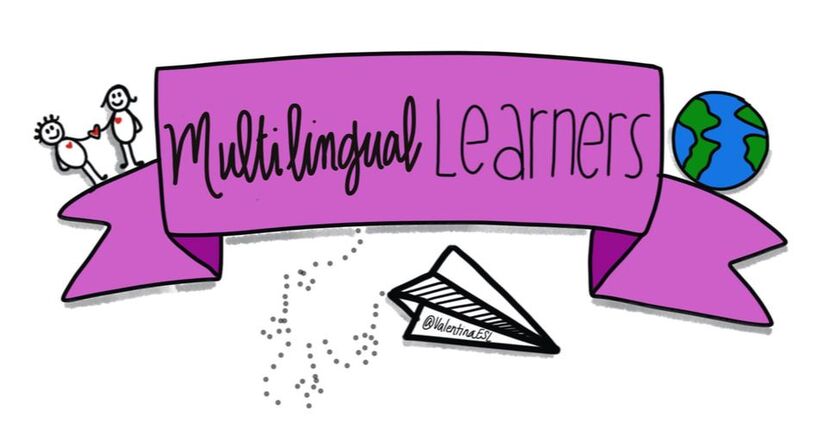
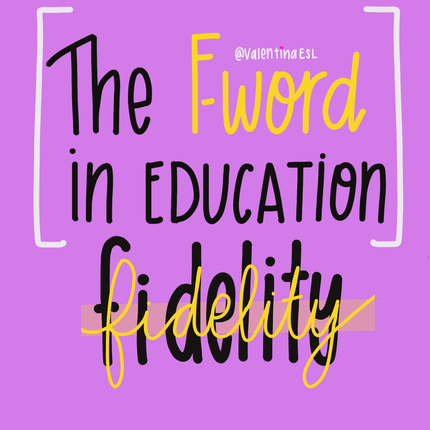
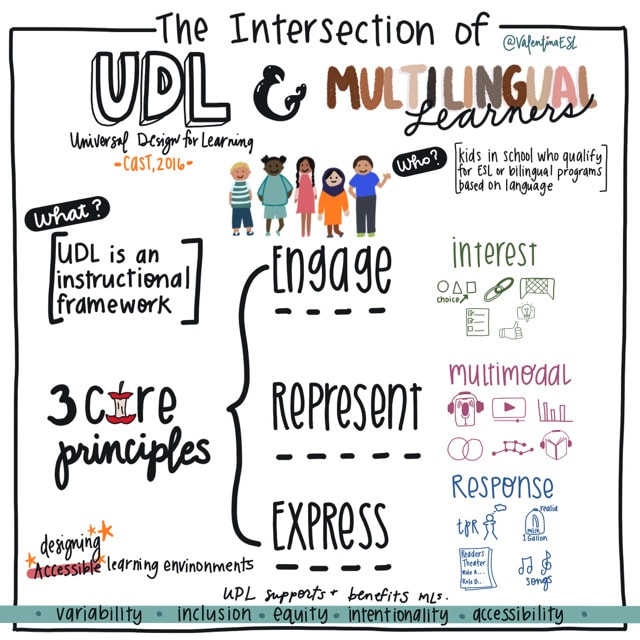
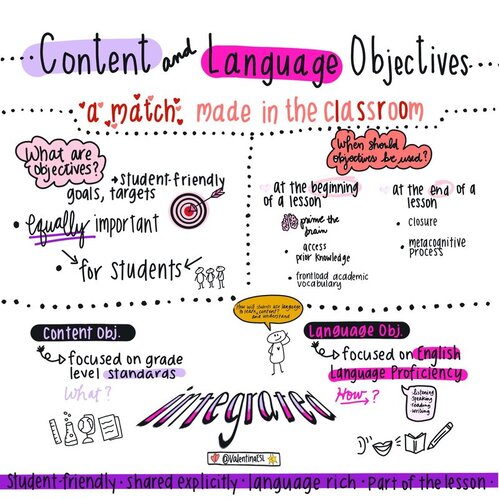
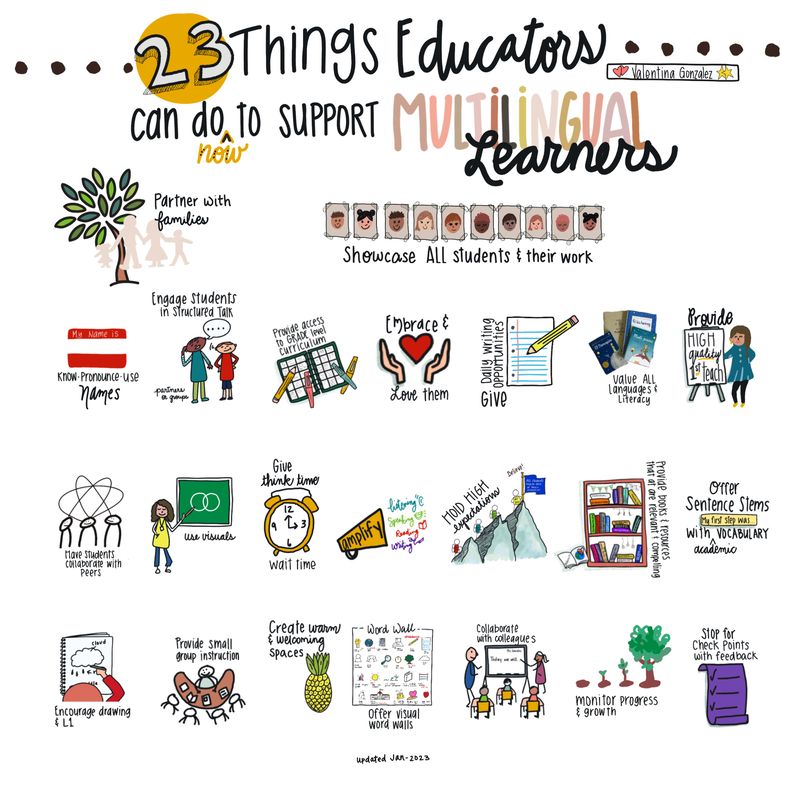
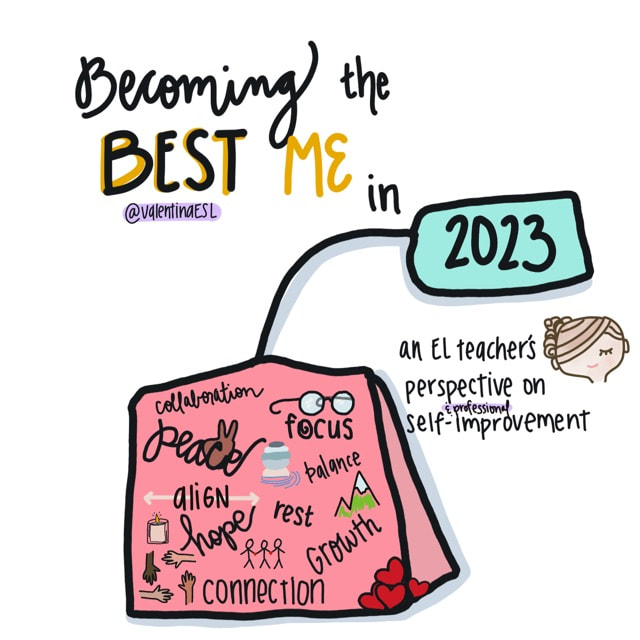

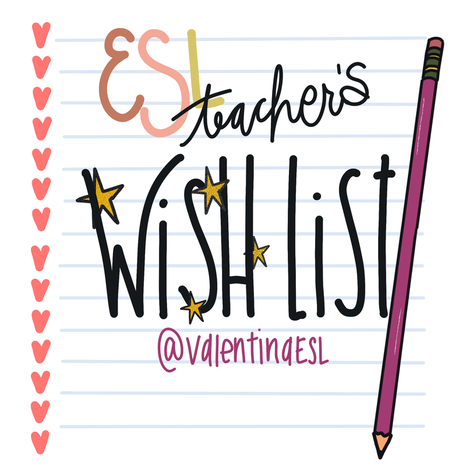
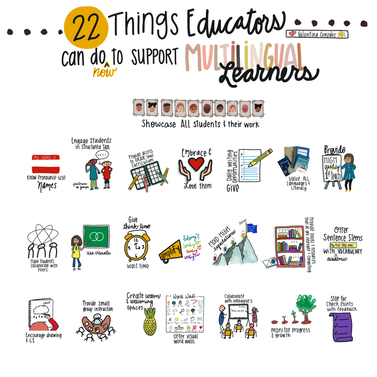
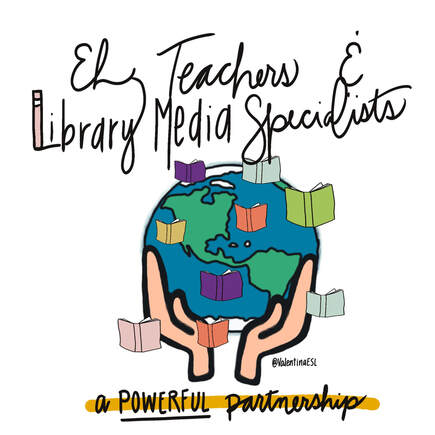
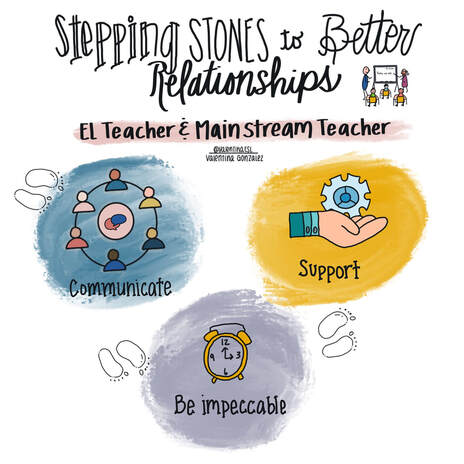
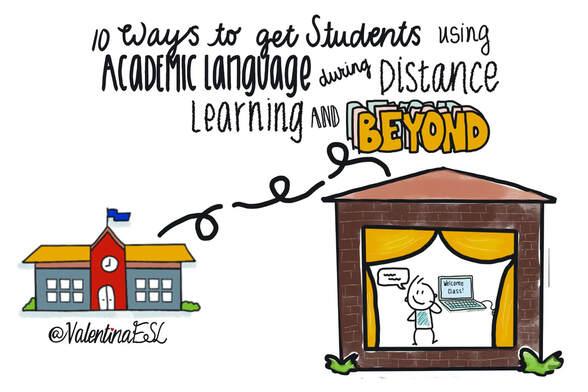
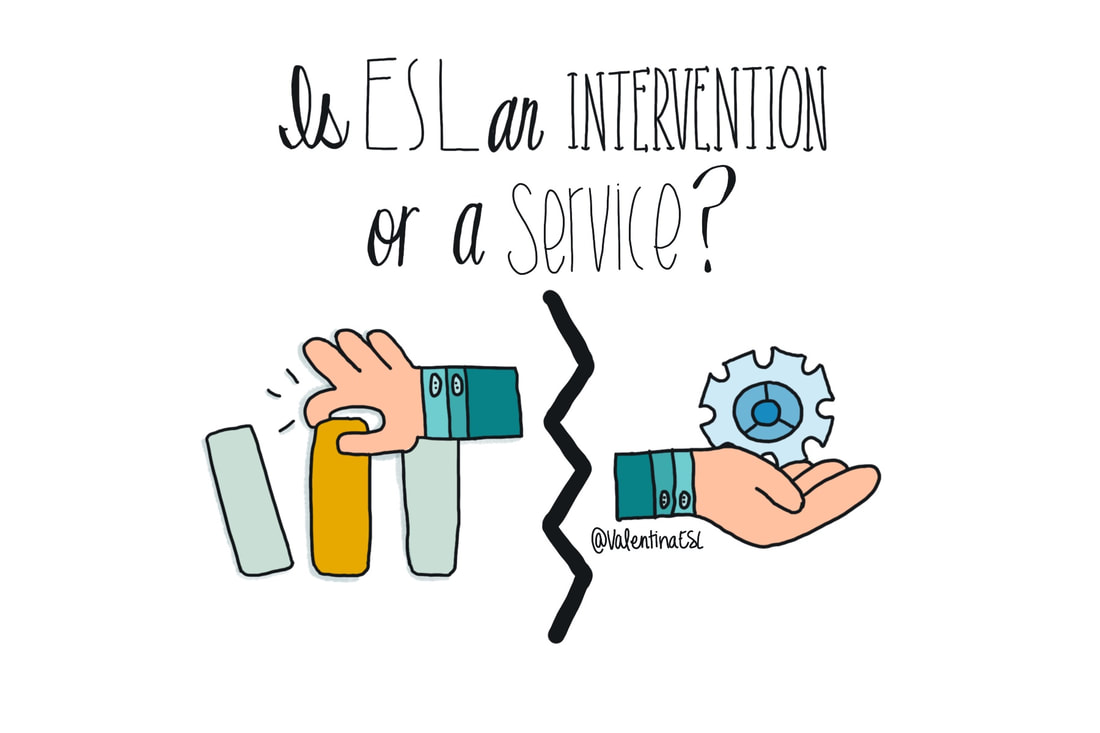
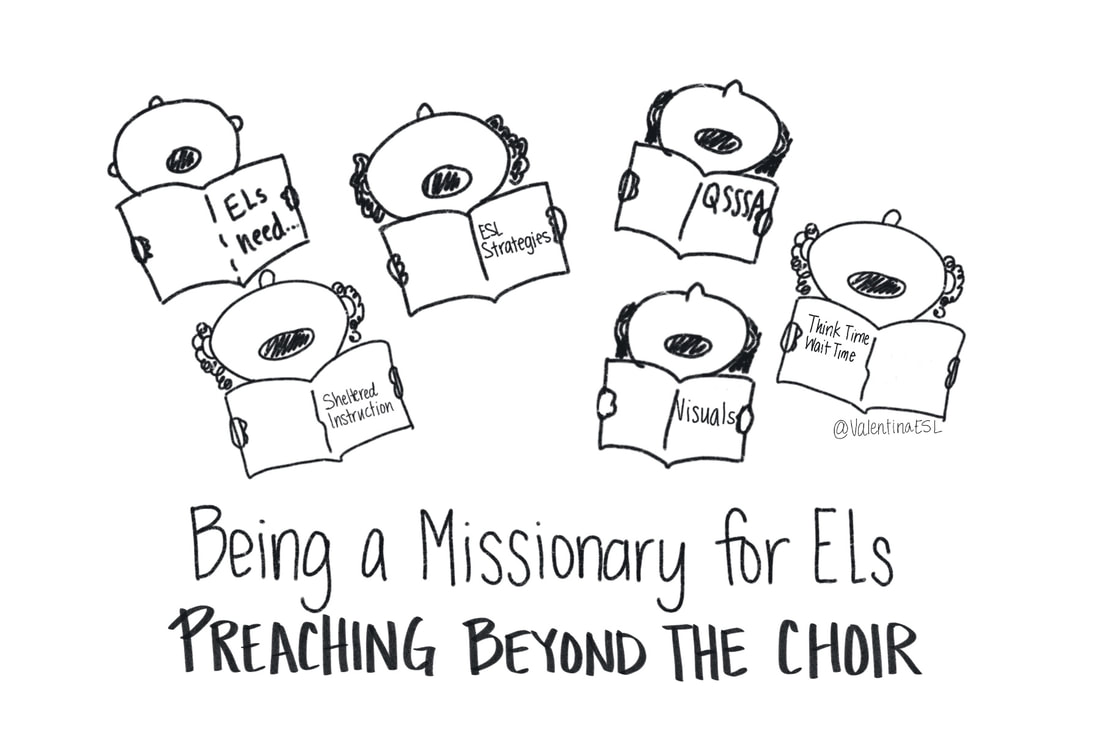
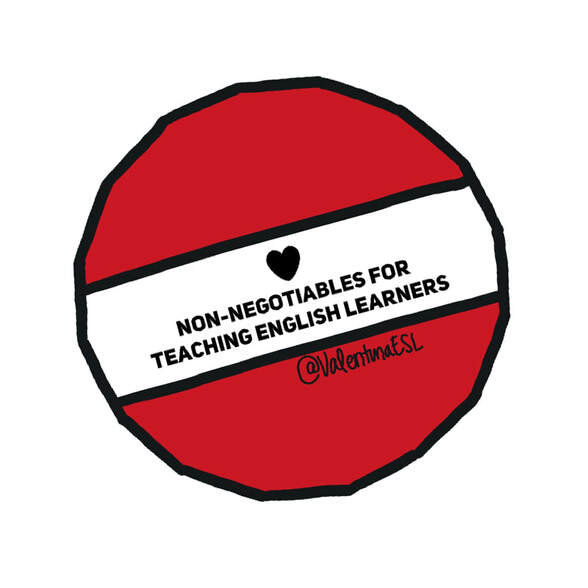
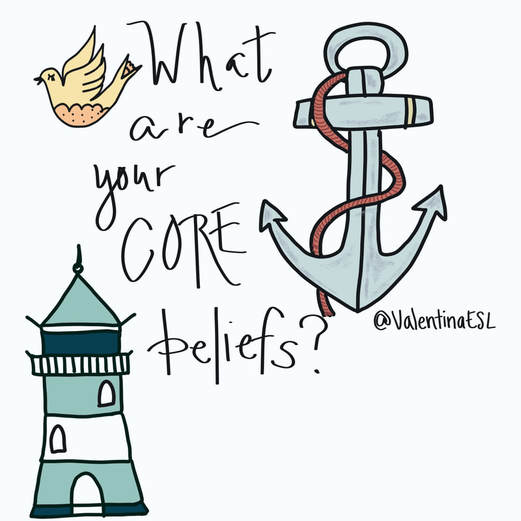

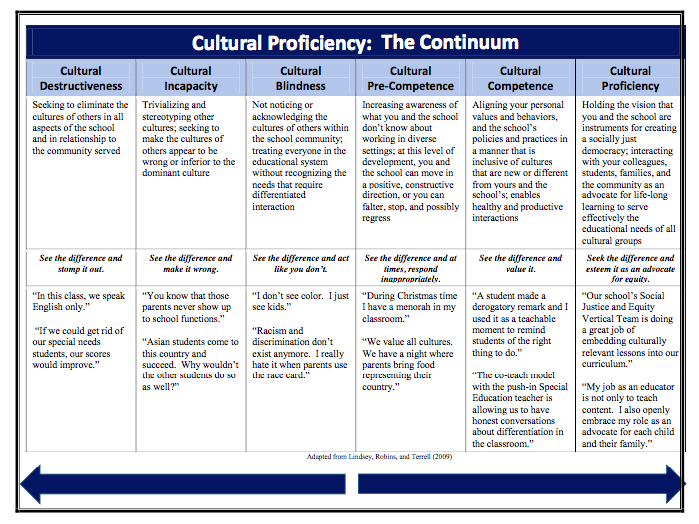
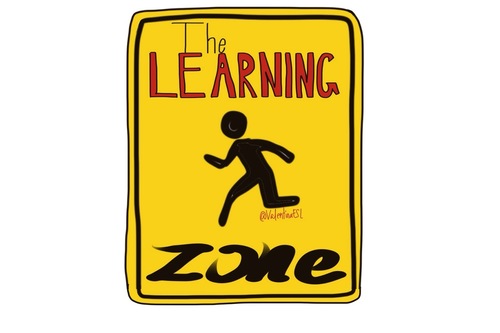
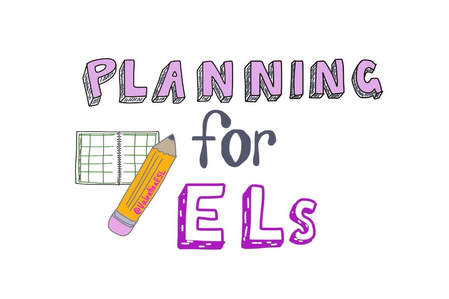
 RSS Feed
RSS Feed
